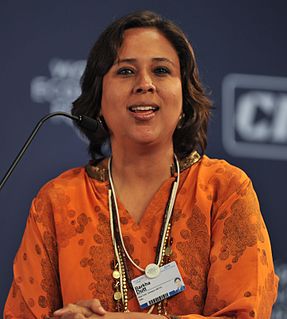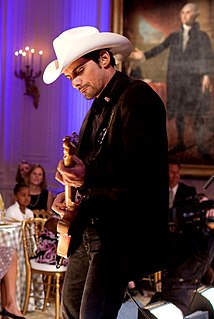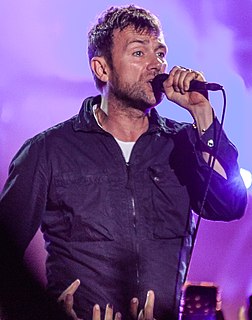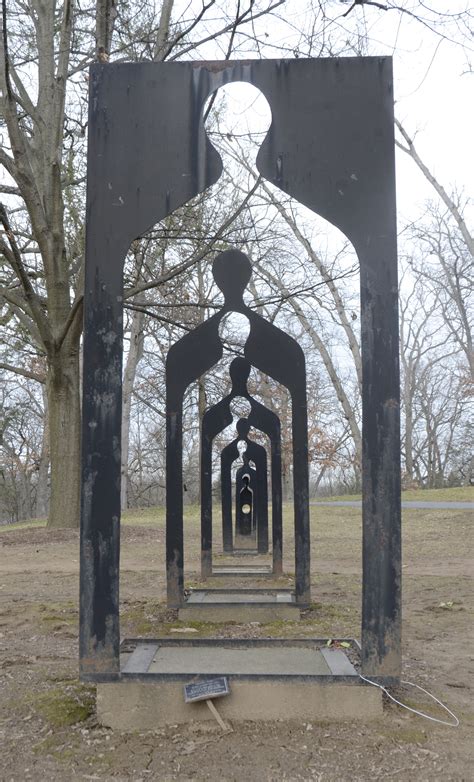A Quote by Barkha Dutt
The Christianity of the St Stephen's College I remember was atmospheric (how we loved the chapel, the choir and the Cross), cultural and entirely subtle.
Related Quotes
I spent two years figuring out how I could turn it into something that would satisfy me as a musician but also make some kind of cross-cultural link. I feel that I kind of at least touched on the possibilities of cross-cultural music, but it is a lifetime's work, and I don't profess to be anything other than a novice at it.
But we are gravely mistaken to think that Christianity protects us from the pain and agony of mortal existence. Christianity has always insisted that the cross we bear precedes the crown we wear. To be a Christian, one must take up his cross, with all of its difficulties and agonizing and tragedy-packed content, and carry it until that very cross leaves its marks upon us and redeems us to that more excellent way which comes only through suffering.
I don't really believe in political art. I feel in my heart the purpose of art transcends cultural and class and politics. I think something like the Sistine Chapel is something that goes beyond just being a Christian thing. It transcends its Christianity and becomes sort of a universal beauty. And I think that's true of music and art and literature.

































